inversion is not the right rule to be used here, as there is nothing to invert on H : phi.
Let's take a pause after you intro H:
H1 : phi -> true = false
H : phi
______________________________________(1/1)
False
First of all, note that H1 H : true = false (simple application). Let's take advantage of it by writing apply H1 in H:
H : true = false
______________________________________(1/1)
False
Almost there! Now, it is necessarily contradictory that true = false, and that's because of conflicting constructors.
There is a dedicated rule to deal with such cases, namingly discriminate H.
No more subgoals, we are there. The full proof session looks like this:
Variables phi: Prop.
Section absurd_rule.
Hypothesis H1 : phi -> true = false.
Lemma absurd_rule : ~phi.
Proof.
intro H.
apply H1 in H.
discriminate H.
Qed.
Also, worth noting that you can use False to describe bottom (lowercase false is a different thing -- an inductive boolean, instead of an empty Prop).
A simpler version of your proof would be just
Variables phi: Prop.
Section absurd_rule.
Hypothesis H1 : phi -> False.
Lemma absurd_rule : ~phi.
Proof.
assumption.
Qed.
...which is not a big discovery, because you just assumed phi to be false.
After a second of reflection...
You can't "prove a rule". Rules are semantics of the language, laws you use to derive conclusions from assumptions. They are not "theorems" to be proven, but a sort of prior reasoning you use to manipulate sentences. They are even distinct from axioms, it's something on the meta level. You can prove an implication, but not a deduction rule.
Thus, the "solution" to your problem is just an identity. Your absurd_rule is just a lemma that not phi implies not phi, which is trivially true -- remember that in intuitionistic logic negation is very often defined as to imply false.
